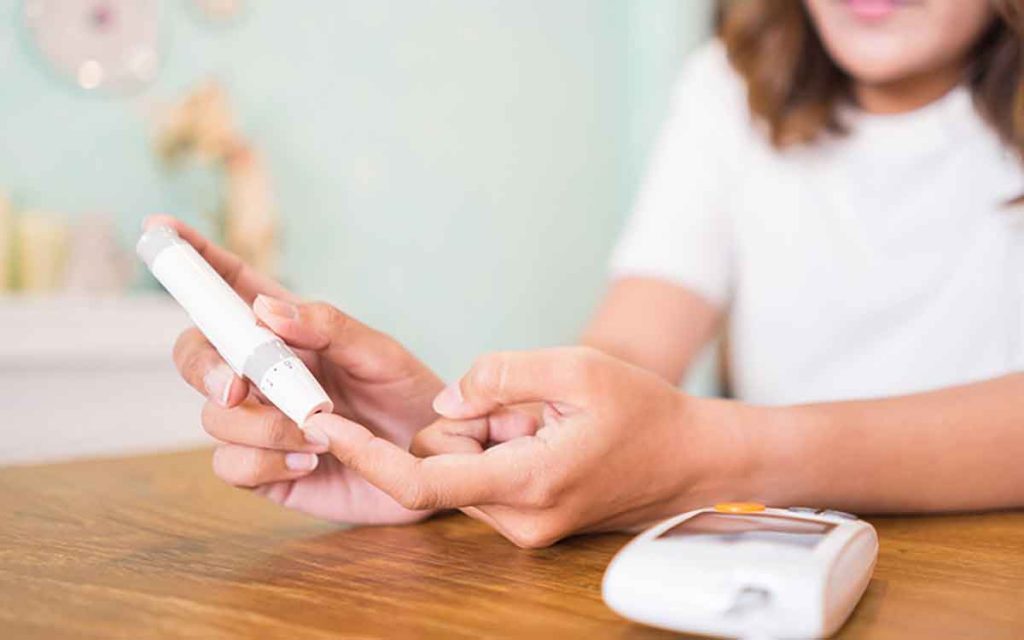There is an established correlation between diabetes and hearing loss, but researchers are still trying to find the exact causal connection. People with diabetes experience hearing loss at twice the rate of those who don’t have the disease.
People with prediabetes have a hearing loss rate that is 30 percent higher than those without the condition. The vital connection may be between the nerve and blood vessel damage that result from diabetes and the effects that those problems have on the delicate inner ear.
Blood Vessels, Nerves, and the Ears
The ears are very sensitive instruments, with many small parts that must work together in order to function properly. Damage to any of these parts can lead to partial or full hearing loss, on a temporary or permanent basis. For example, the inner ear contains tiny blood vessels that distribute blood, and if these vessels narrow or become damaged, it can result in hearing loss or a worsening of existing hearing problems. The ear also depends on nerves to carry auditory signals through the ears and to the brain. An interruption of these signals due to damaged nerves leaves people unable to hear sounds correctly.
The Connection Between Diabetes and Hearing Loss
Diabetes can lead to microvascular disease that affects the small blood vessels in the body, possibly including those in the ear. Diabetes also leads to nerve damage, which may include the tiny nerve endings in the ear that change sound into electric signals and brings them to the brain. Higher blood sugar levels make complications from diabetes worse, leaving open the possibility that uncontrolled diabetes can lead to more severe hearing issues.
While several studies have shown a clear connection between diabetes and hearing loss, more research is needed to establish the precise interaction between one and the other. In one study, researchers concluded that diabetes damages nerves and blood vessels in the ear. However, it is unclear from that study and others if it is nerve damage, blood vessel damage, a combination of both, or other factors present in people with diabetes that lead to the hearing loss. While it will be difficult for researchers to prove that a particular group of nerves or blood vessels have damage that can be traced back specifically to a subject having diabetes, it is an essential next step in understanding the problem.
Since there is no question that people with diabetes have hearing loss at a higher rate than those without the condition, the safest path is to be sure that you or your loved one control your diabetes properly to avoid the nerve and blood vessel damage that can make hearing more difficult.



